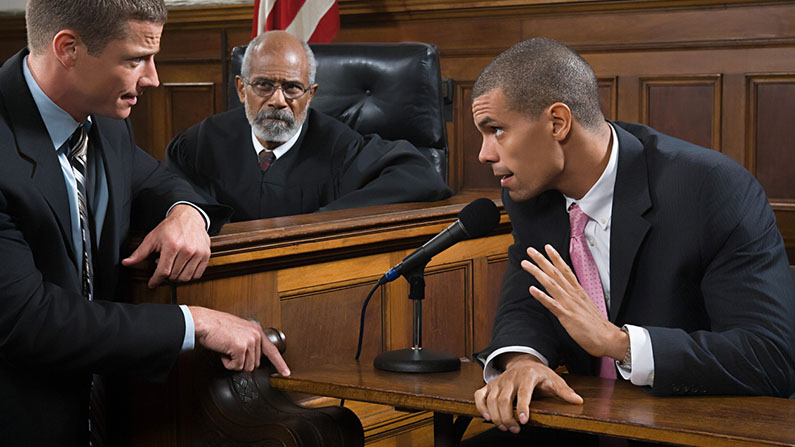There are ten basic rules for testifying in court:
- Listen to the questions that you are asked. Do not simply hear the question.
- Make sure that you fully understand each question that you are asked. If you do not understand the question, ask the attorney to repeat the question in a different way. Do not feel afraid or embarrassed to ask the attorney or judge to rephrase the question.
- Only answer the question asked. You should answer only the question asked. It is important to not offer any additional information. For example, if an attorney asks you what time it is, the appropriate answer is to respond with the exact time and that is it.
- Take your time to answer the question. It’s okay to take your time to think about the question you are asked. Do not be scared to admit that you need some time to think about the answer.
- Do not argue with the attorneys or judge. It is understandable that you may feel like you are getting attacked by the attorneys. It is neither the job of the criminal defense attorney nor the prosecuting attorney to protect the interest of the victim. However, it is important not to argue, so try to remember that the attorneys are there to do a job.
- Always tell the truth. Although it might seem surprising and shocking, some victims and witnesses lie at trial, despite the fact they are testifying under oath. It is important to be straightforward because the purpose of a trial is to get to the truth.
- Do not guess if you do not know the answer. As stated above, the purpose of the trial is to get to the truth. It’s okay to admit that you do not know the answer.
- Avoid using absolute statements. Responding in absolutes can reduce the credibility of your testimony. Discuss with a lawyer what you need to say beforehand if you have any concerns.
- Arrive on time to court. Being prompt is a sign of respect to the court.
- Dress and act appropriately for court. Dress for court as if you were going to church or an important meeting at work.

